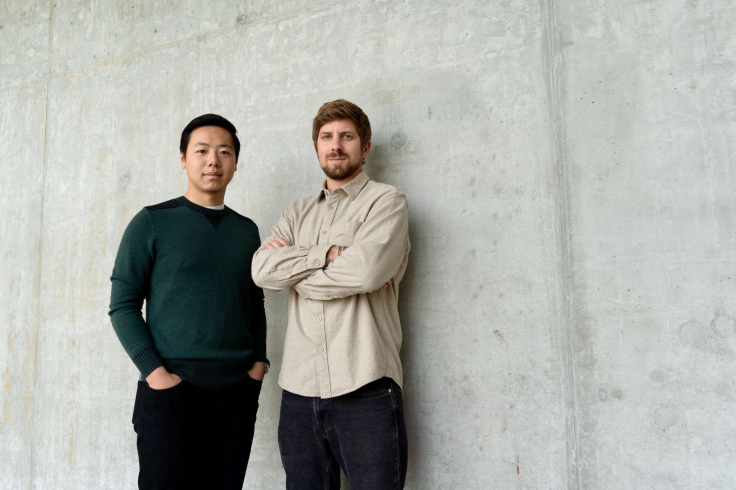Max Cao and Yahav Avigal: Jacobi Robotics Founders Aiming to Make Robots Safer around Humans

When it comes to manufacturing, industrial robotics is the way of the future. Much of manufacturing work involves repetitive and/or mundane tasks that could be done by machines in a fraction of the time. However, automation is still in its relative infancy, which currently limits the number of manufacturers that can successfully adopt robotics into their facilities. Machines can do pre-programmed tasks on command, but someone still has to write the program to operate the machine. And if a robot arm needs to operate in close proximity to humans (which it quite often does in a crowded facility), it requires much more advanced software that can avoid collisions and find an optimal path. Automotive manufacturing is currently leading the field in terms of the level of automation, but even at the most advanced facilities, there is only one robot per ten workers, speaking to the need for safe human-robot co-location.
We aren't yet at the point where we can see the widespread adoption of industrial robotics in the world. But unlocking this challenge is the primary endeavor of Jacobi Robotics, a deeptech startup company that is enabling businesses to implement robots in a wide range of applications not yet possible today, doing so through the development of intelligent software.
They recently launched a private beta of a new motion planning library for robot arms, which gives users the ability to create their own motion plan–all through the cloud. Using the new Jacobi library, users can compute a time-optimized, jerk-limited, and collision-free robot arm motion plan either from a start to a goal pose or following a user-defined path. This software can easily be installed either through the cloud or through an on-premise version. Since Jacobi Robotics was founded, they've been continuously releasing new software that makes industrial robot arms safe, flexible, and more productive.
Jacobi Robotics was founded by a team of engineers with backgrounds in robotics research. CEO Max Cao has an MEng in Mechanical Engineering from Imperial College London and experience from consulting at McKinsey. But his experience as a tech entrepreneur goes back years, encompassing a series of achievements and experiments–some more successful than others. "During high school, I tried to do a startup with a friend, which did essentially what Slack does today," says Cao. "Later, while studying rocket engine design, we also had the idea to build a working prototype at home, where we very quickly realized that the road from idea to prototype is long."
These experiences helped guide him toward UC Berkeley, where he met the people that would become Jacobi's founding team. "At UC Berkeley, we did research at the bleeding edge of the robotics field and developed state-of-the-art algorithms in manipulation and motion planning," says Cao.
One of those co-founders was Yahav Avigal, a fellow robotic enthusiast who had spent over five years training in the elite technological 8-200 unit of the IDF intelligence corps. "The IDF intelligence corps helped me develop a deep understanding of cutting-edge technologies and also honed my management skills, leading large teams and handling intense situations in high-pressure decision-making scenarios," says Avigal.
From there, he moved on to complete a dual B.Sc. degree in Electrical Engineering and Computer Science (EECS) at Tel-Aviv University, and later a Ph.D. in EECS with a focus on AI and Robotics at UC Berkeley. His experience would prove vital to helping develop the kind of motion planning software that's putting Jacobi Robotics on the map.
It's not just their latest software launch that's making waves, either–Avigal has had work published in top-tier journals likeScience Robotics and, for his work on SpeedFolding with several of his co-founders, been the recipient of the Best Paper Award and Best RoboCup Paper Award at IROS 2022, one of the largest robotics conferences in the world. As Jacobi Robotics continues to develop and launch new software, it remains to be seen how Max Cao and Yahav Avigal will shape the future of industrial robotics.





















